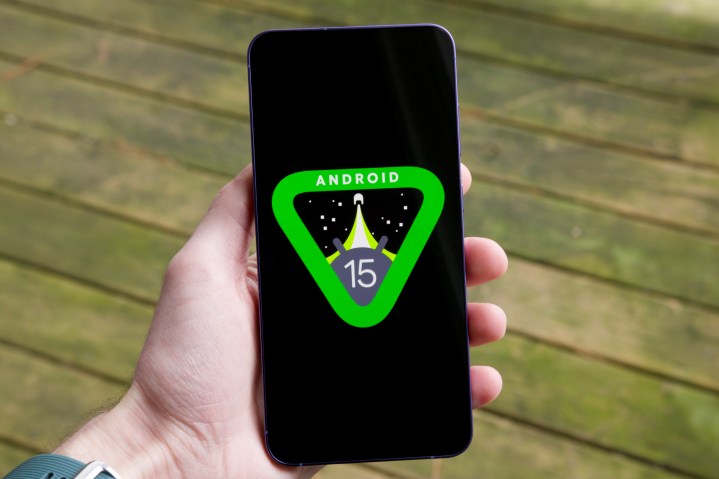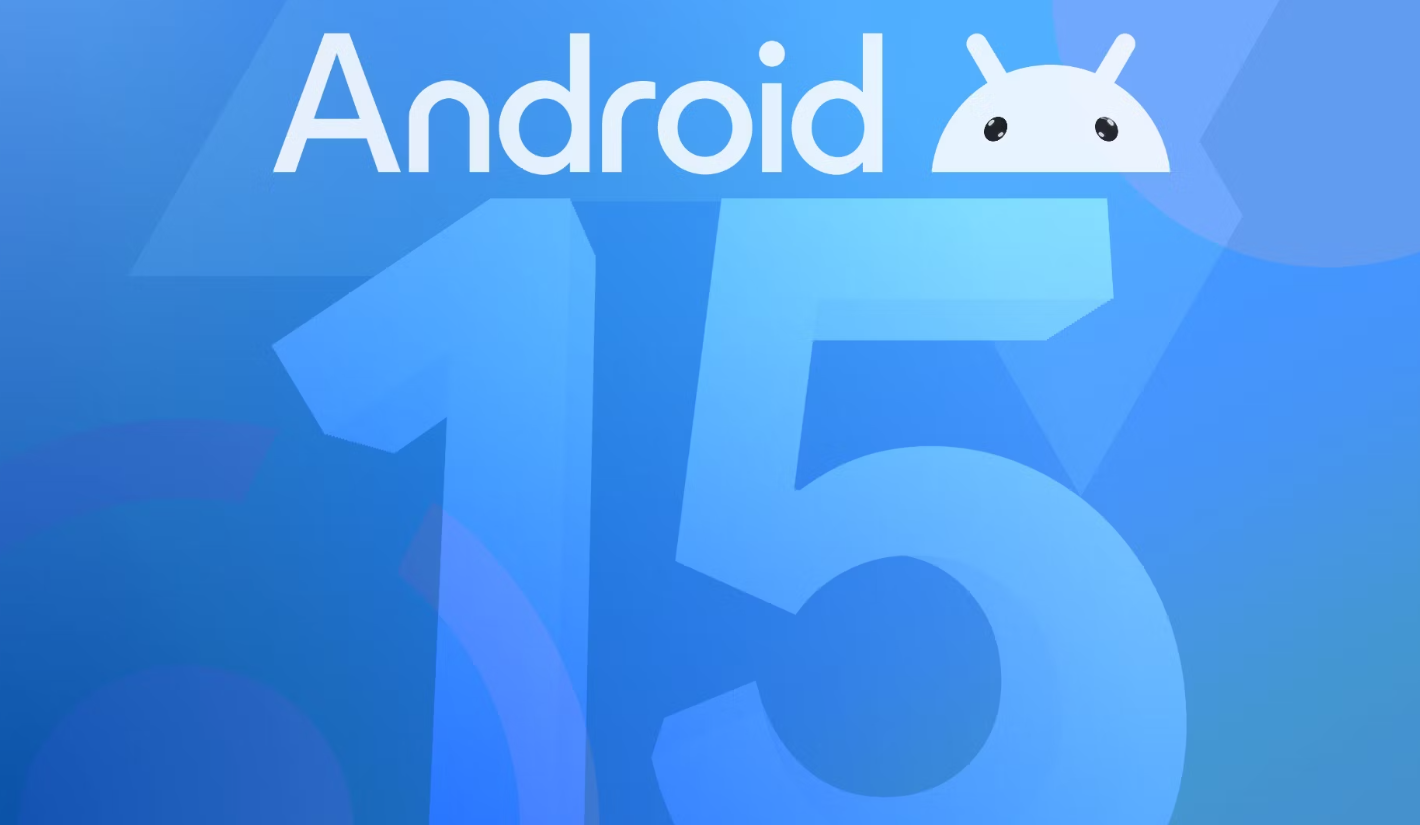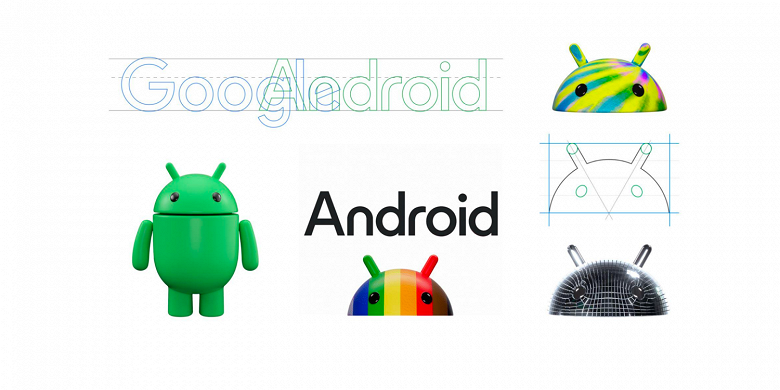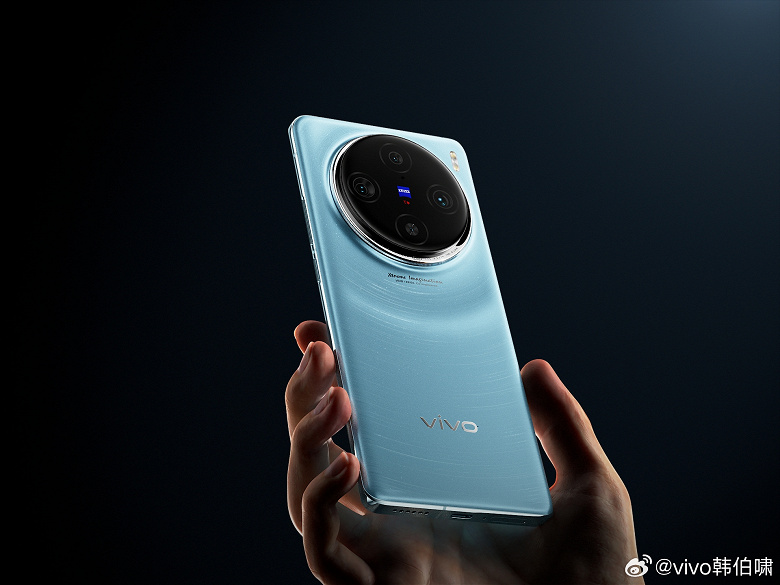In Android 10, downloading and installing the application from an “unknown source” is easy
Google has not yet launched a public beta test of Android 11, but test builds for developers allow you to learn a lot about the new mobile OS.
Android 11 takes over the worst feature of the iPhone. Google makes life difficult for fans of installing applications “from the side”
Another such detail was shared by the thematic resource AndroidPolice. He found on the official Android Issue Tracker complaints from test participants that the process of installing applications from “unknown sources” has become much more complicated compared to Android 10.
In Android 10, to install the APK from a browser or other application, such as APKMirror Installer, the user will be asked to give permission to install. After activating the switch in the settings, the user is immediately sent to the “place of sending” and offered to install or cancel the installation.
This behavior changes in Android 11. After the user has given permission, the application initially “disappears”. After restarting the application, the user discovers that it is completely rebooted, and the input data and other cached information is lost, erased by the system. Previously, Android forcibly closed applications only when the user revoked previously issued permissions so that there would be no crash.
Representatives of Google at first only said that “it really works as intended.” When testers continued to insist that this could lead to a crash of the application, which was forcibly closed during operation, Google provided further clarification.
It is noted that in Android R the file system and memory handling have changed significantly. We are talking about the Scoped Storage function, which changes the principle of access of applications to the file system of the device. In order to increase system security and user data privacy, Scoped Storage implements its own memory area for each application.
As it turned out, these changes may be more significant than the developers had previously expected. In particular, they make it necessary to restart applications after obtaining certain permissions.
There is still hope that Google will finalize the problematic moment for the release of Android 11, but the developers do not really hope so – convenient installation of applications from third-party sources is unlikely to receive high priority from Google. Of course, this is not the level of closure that is observed in iOS, but the developers are concerned about the emerging trend.









